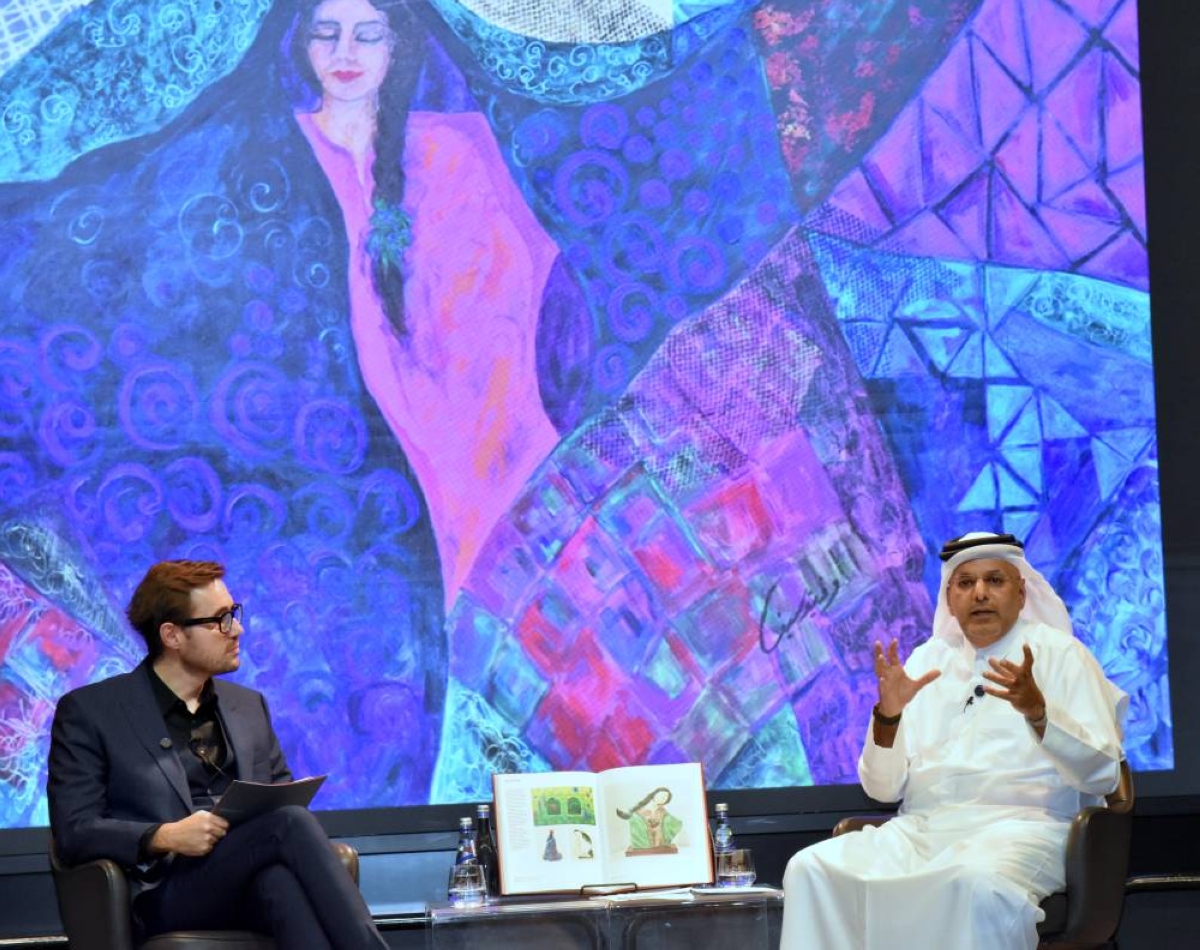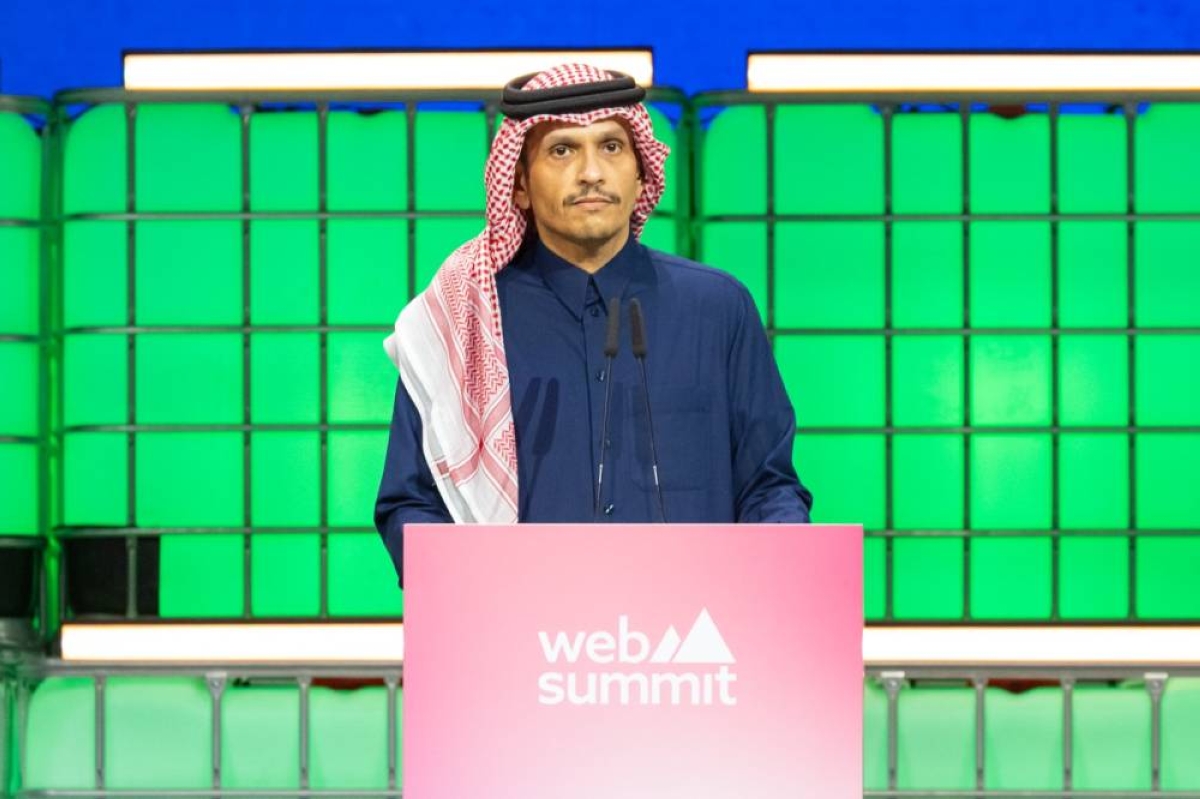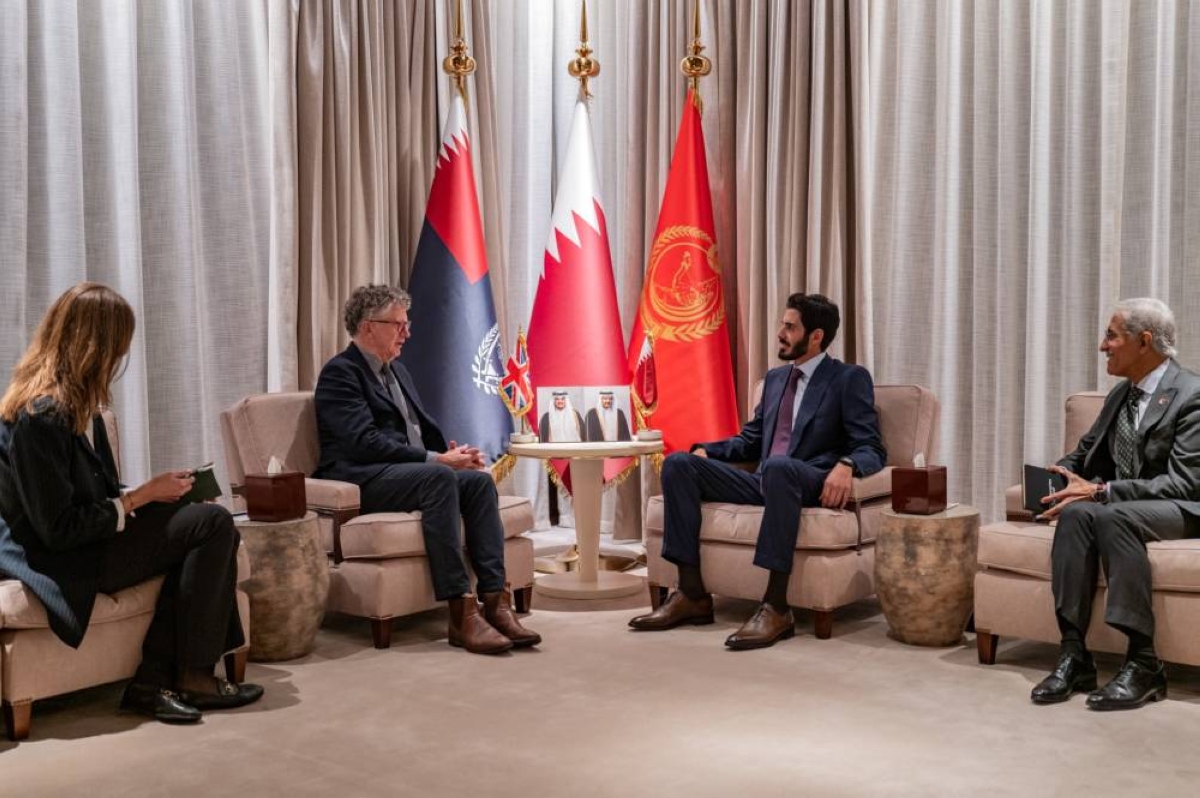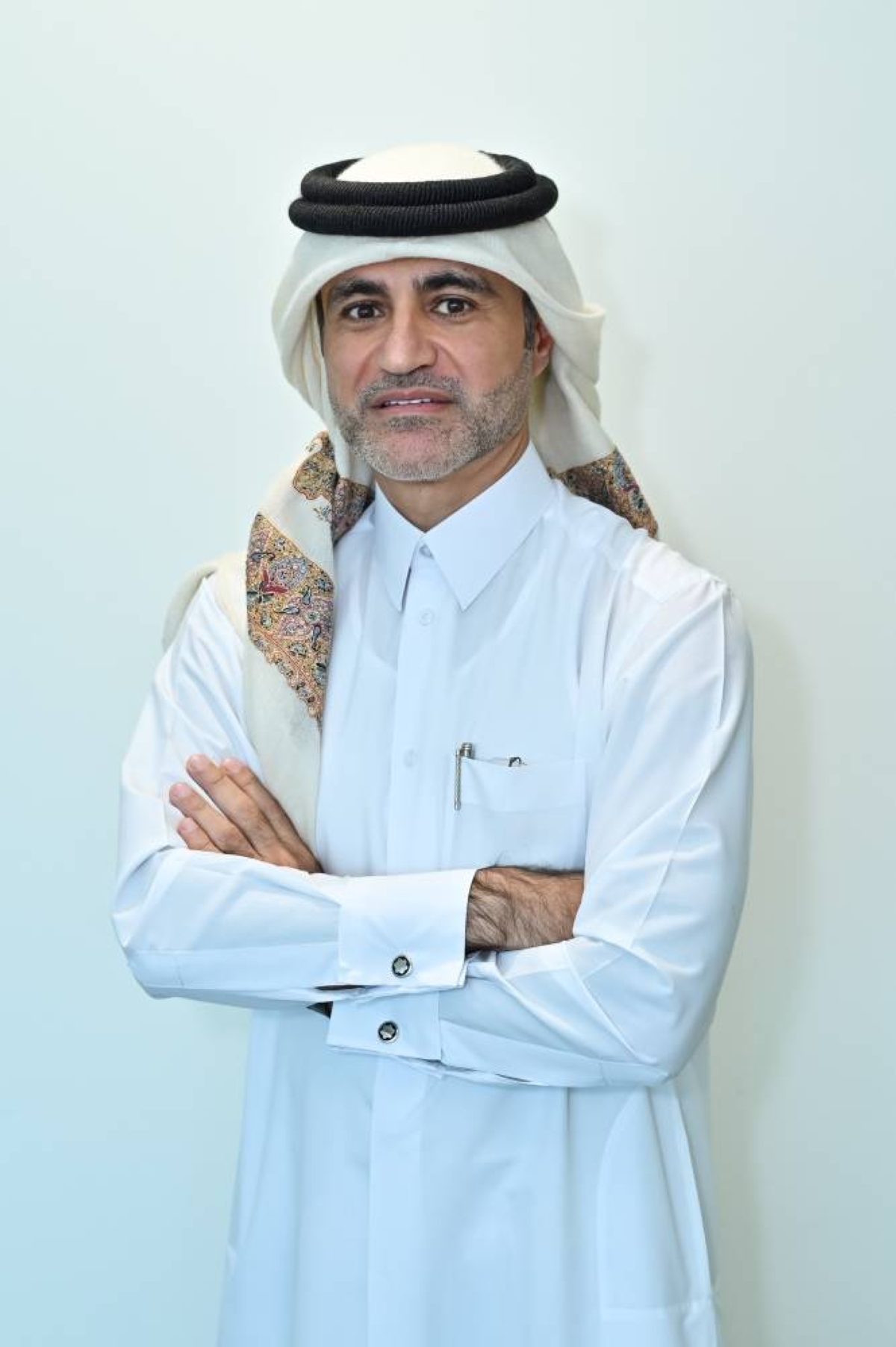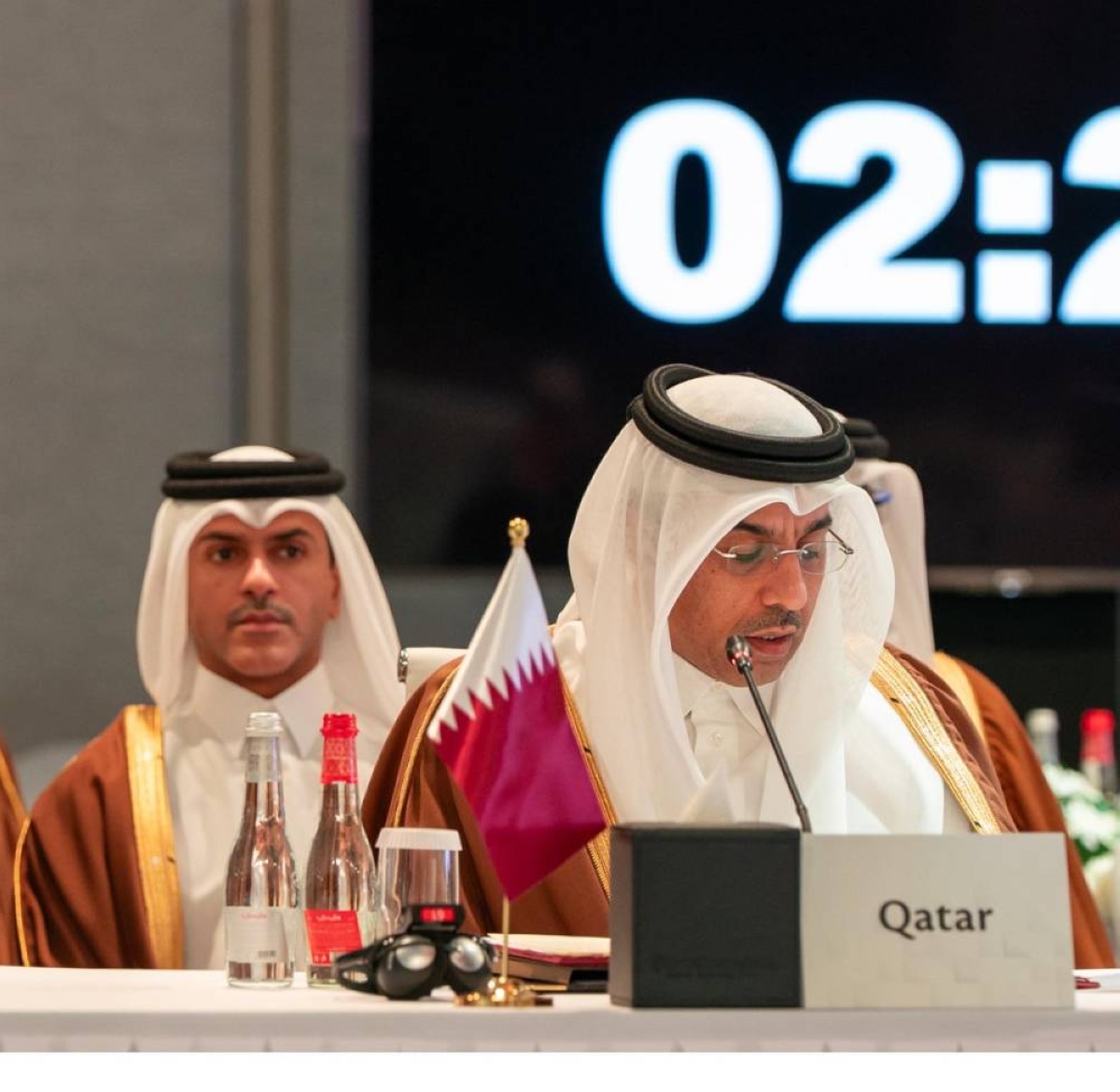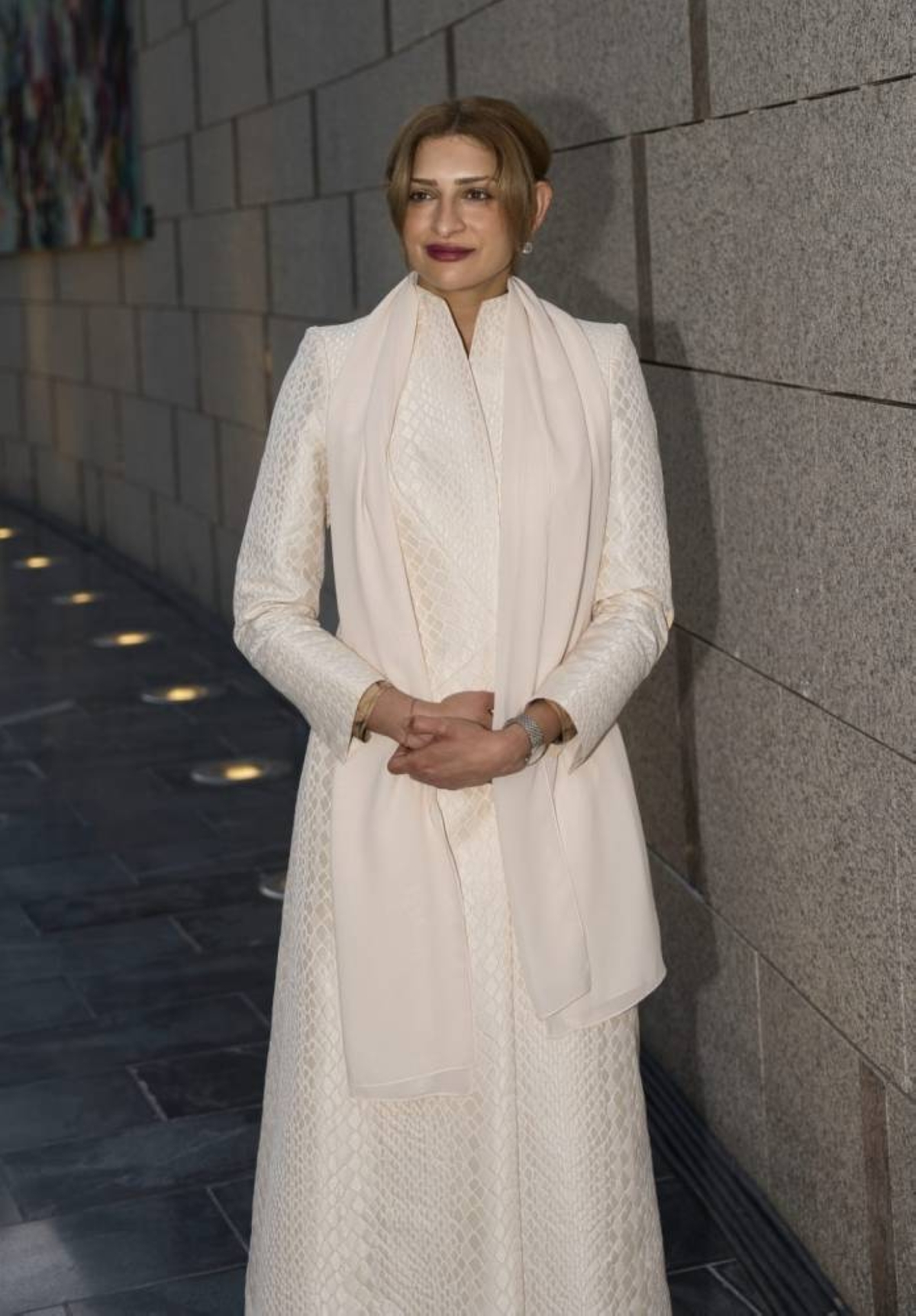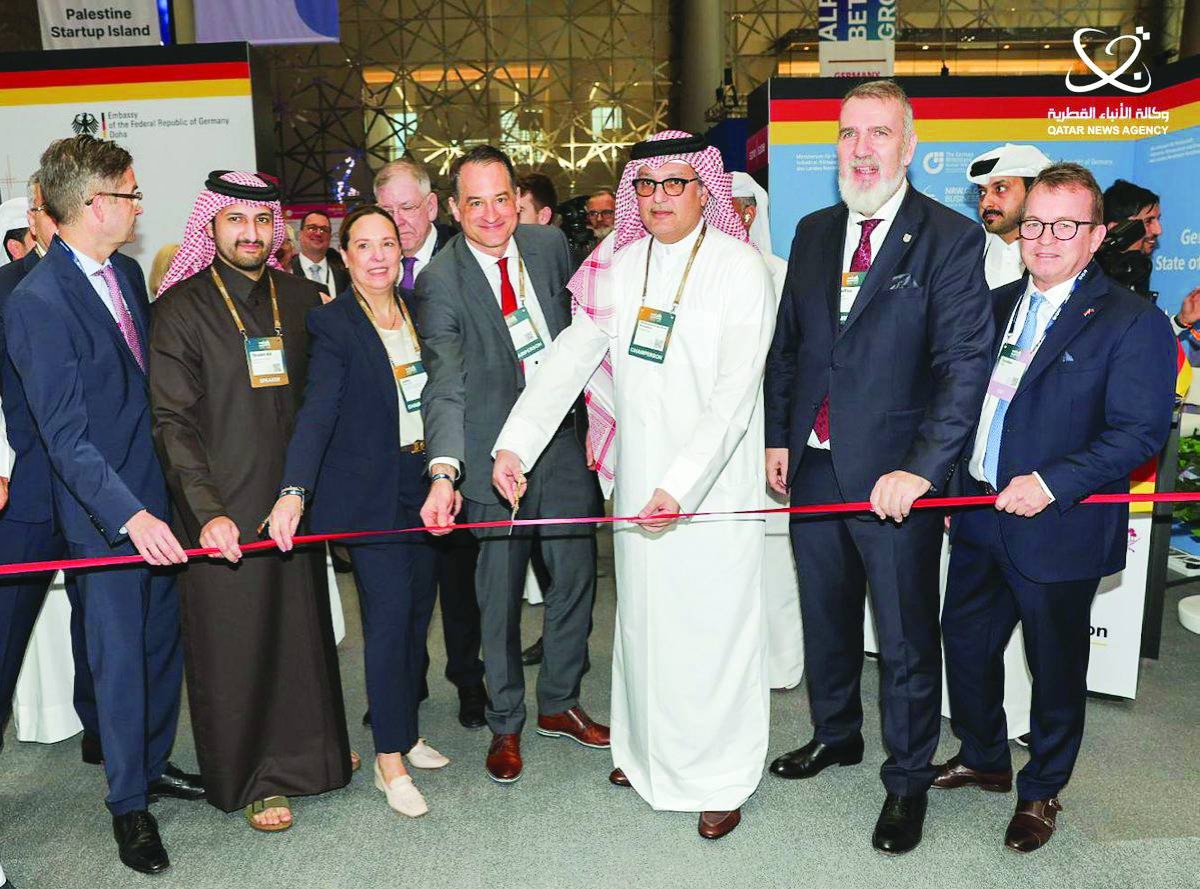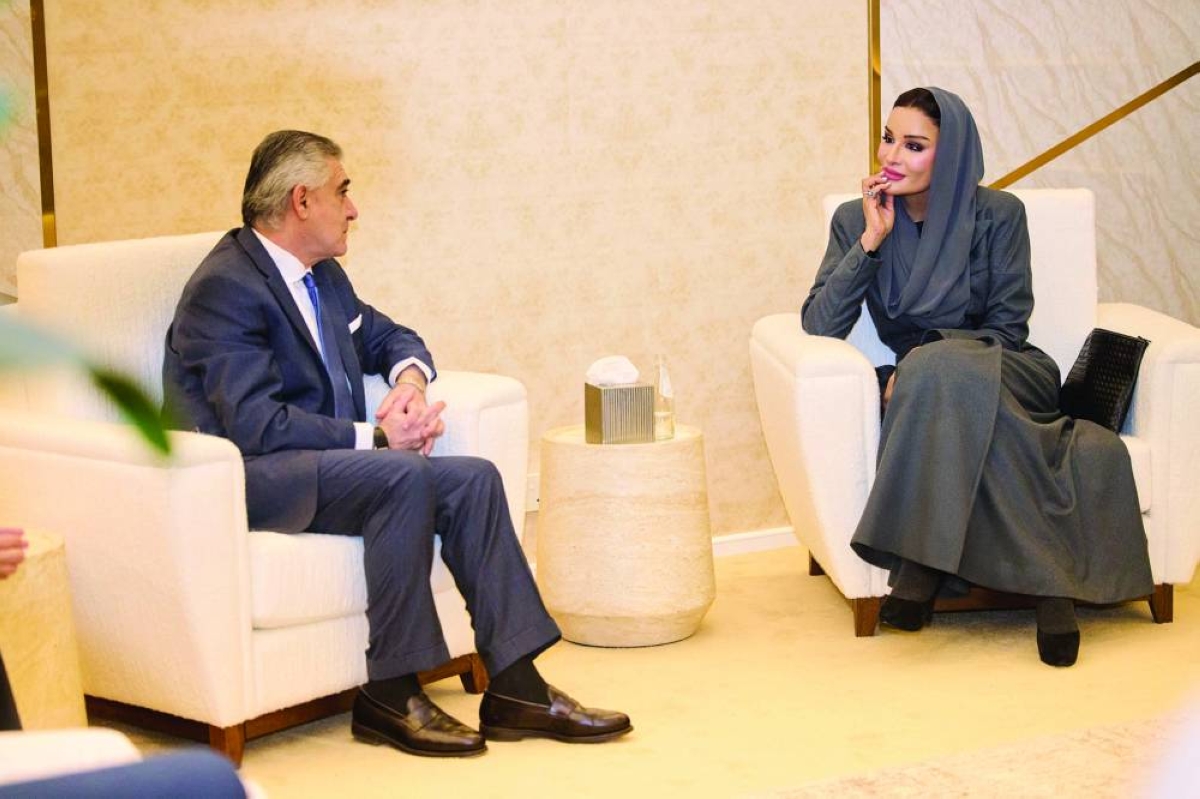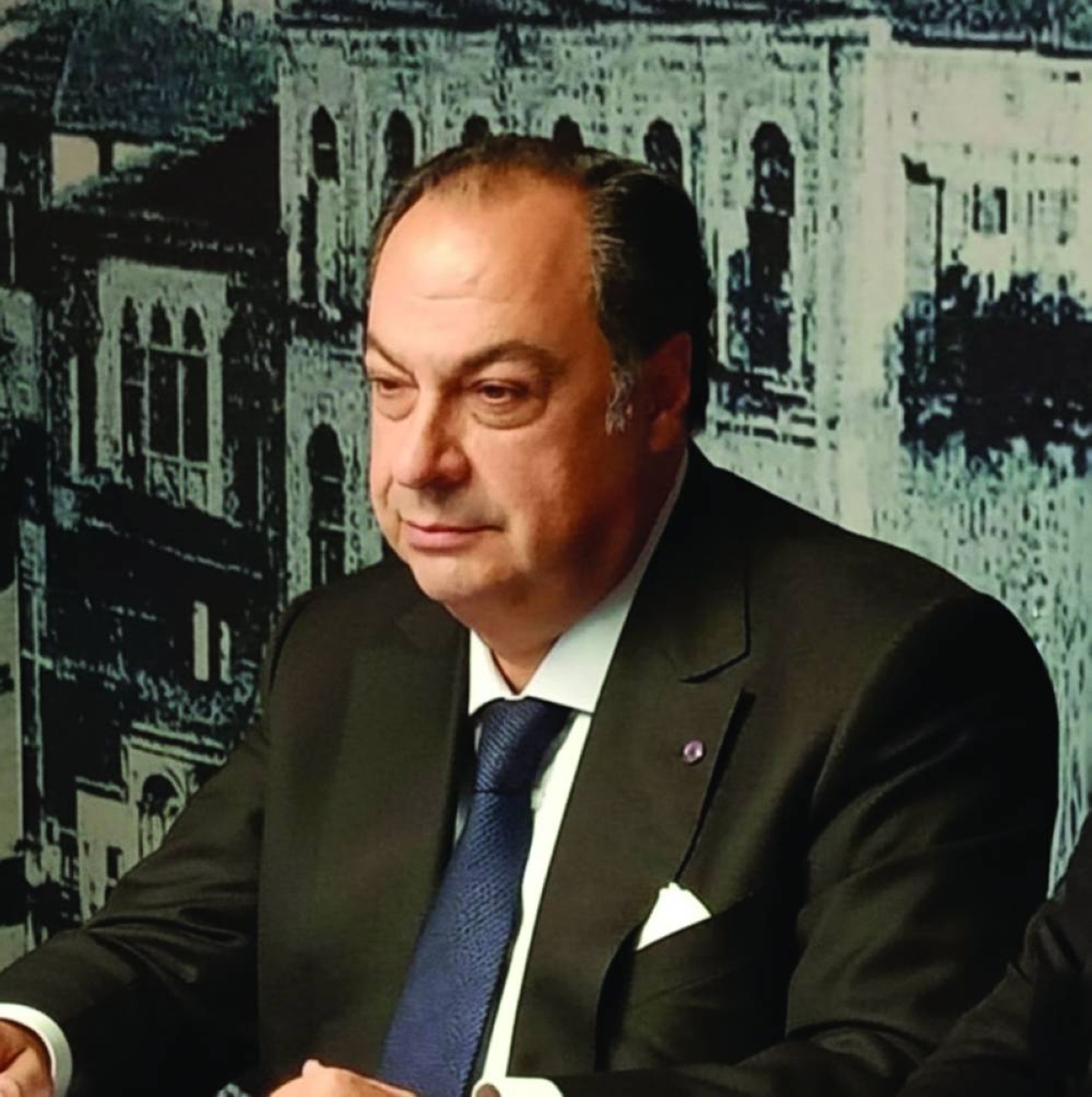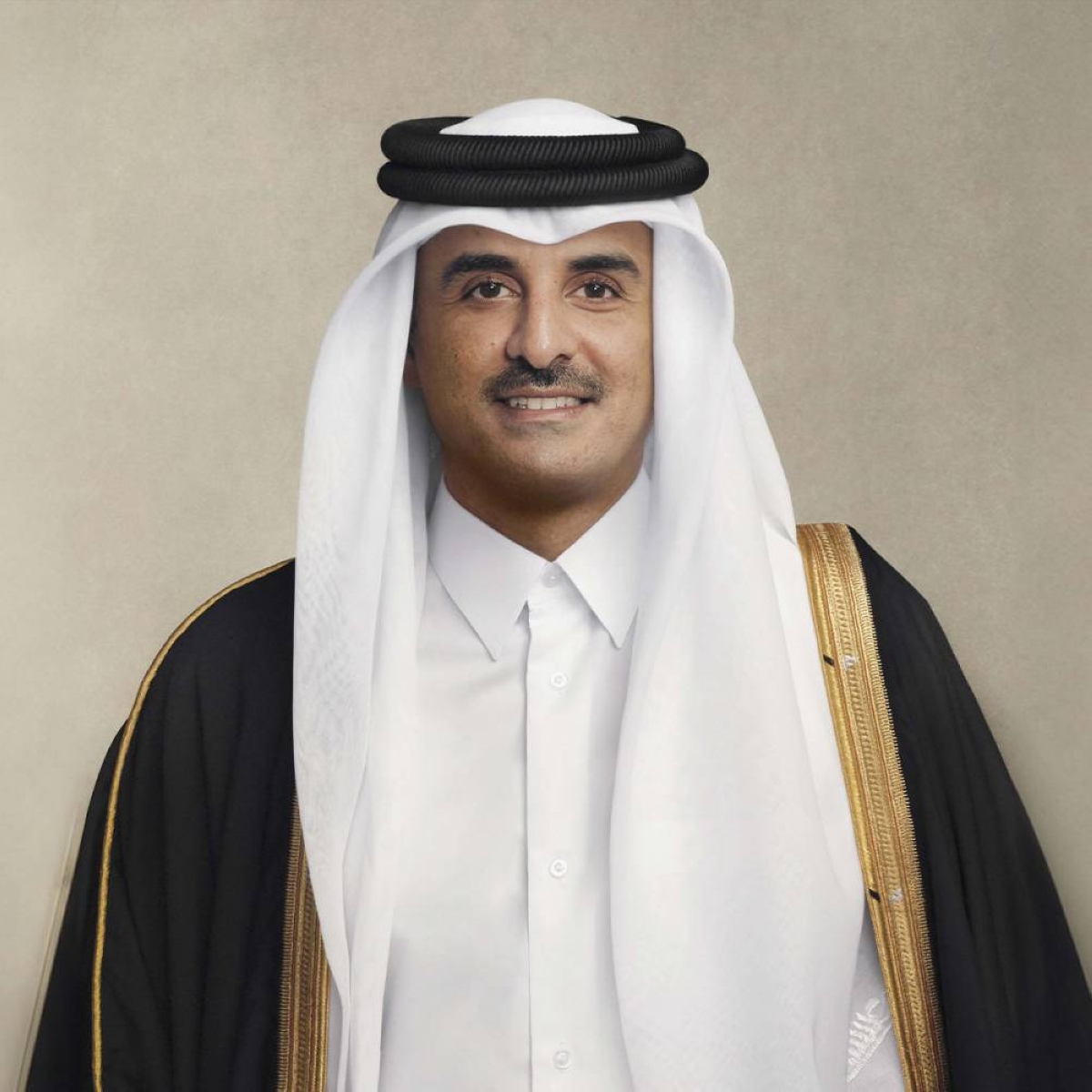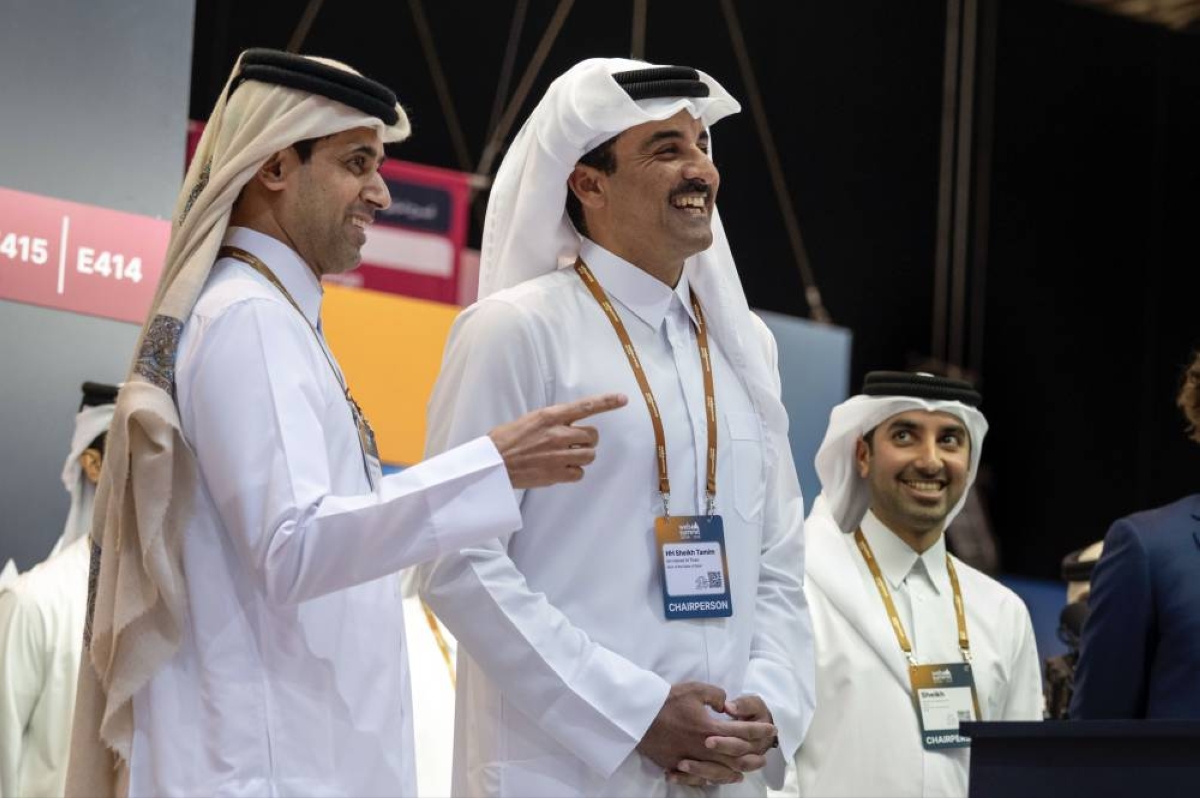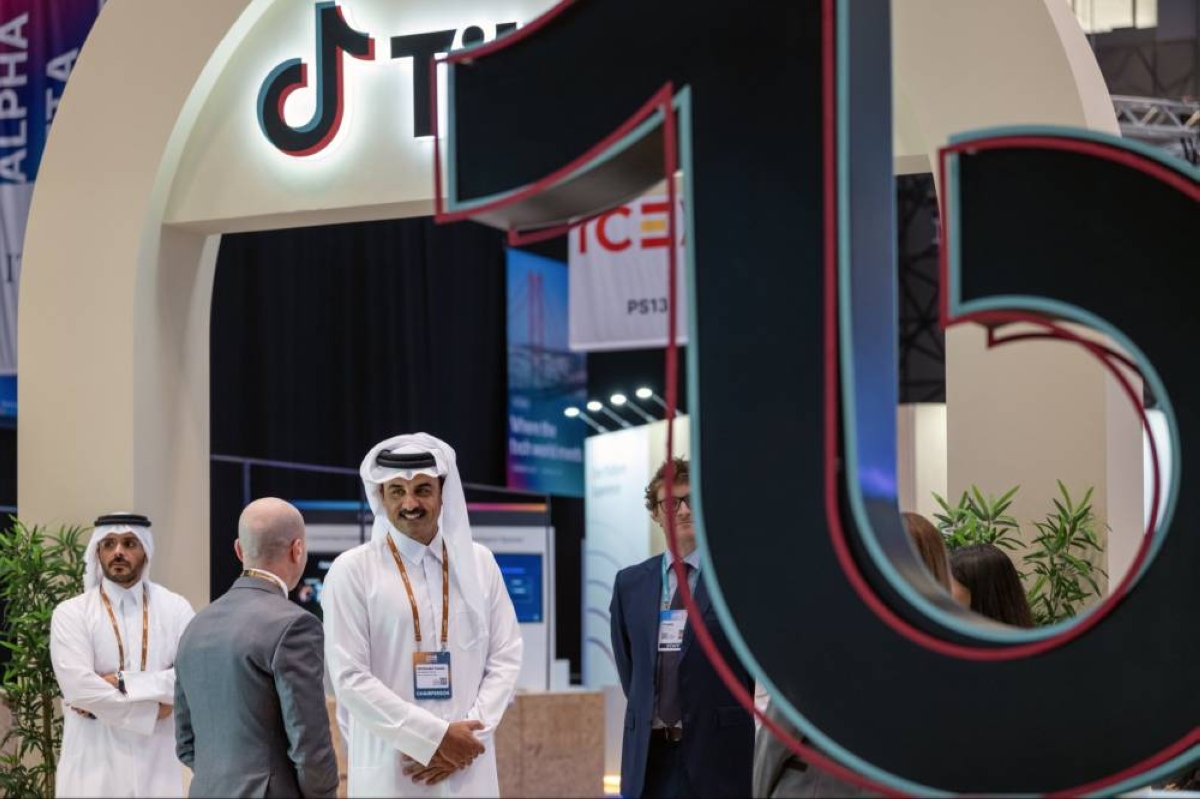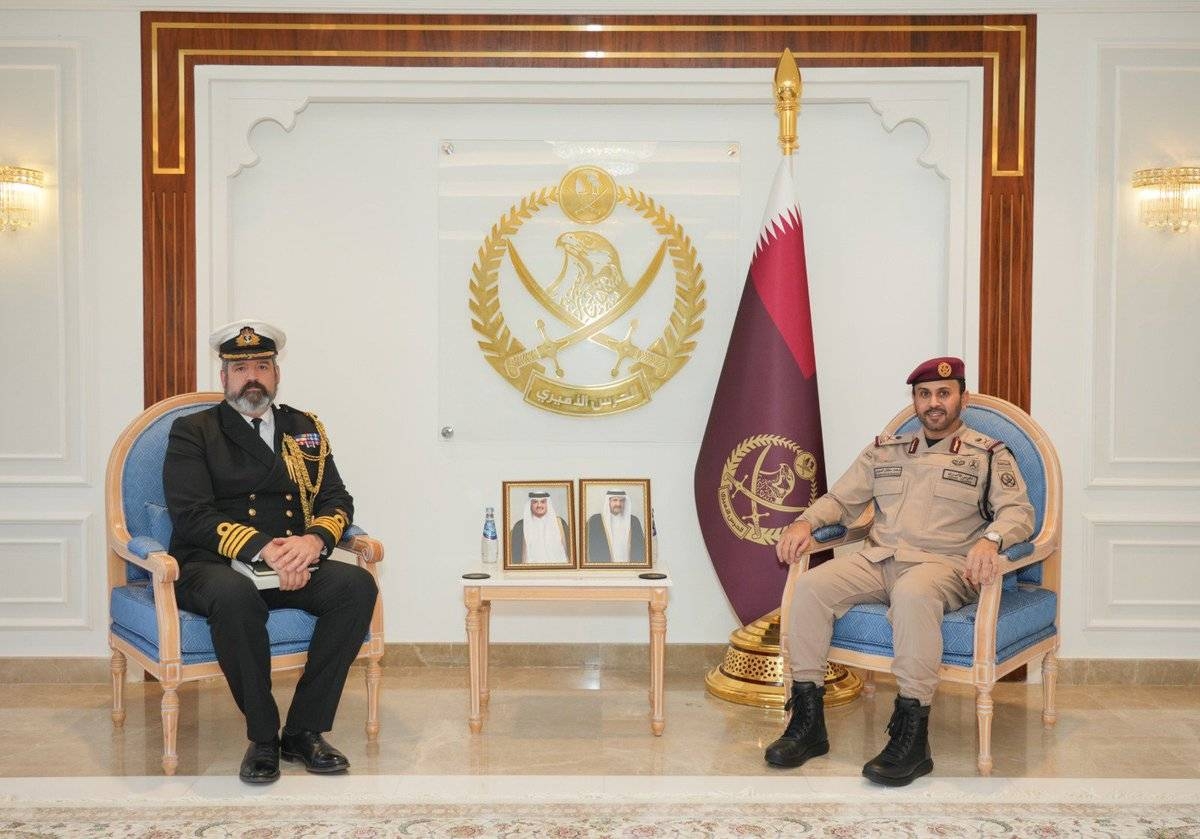It feels like the most natural thing in the world for the 21st International Conference and Exhibition on Liquefied Natural Gas to take place in Qatar this week: even the most casual observer can see how fitting it is for the LNG industry’s most important event to be hosted by the LNG industry’s most important player.This is anything but an overstatement. Several countries have larger reserves of natural gas, and some are even challenging Qatar’s dominance in the production and export of LNG, but none has done more to make the LNG industry what it is today, and the significance of that achievement is on full display now.To really appreciate what this country has accomplished, it is useful to recall some history. Until liquefaction was invented, natural gas was still very much a niche commodity because it is difficult to transport over long distances and impractical to store in large quantities. Even when production of LNG began in the middle of the 20th century, several factors slowed the industry’s development, including the exorbitant initial cost of liquefaction facilities, the need for customers to have offloading terminals with (also expensive) regasification and/or storage facilities, and the safety hazards (both real and perceived) attached to the temperatures, pressures, and volatilities involved.It was not liquefaction itself, then, that changed the equation and transformed LNG into a global commodity. Instead, it was Qatar.It was Qatar, led by the then-Emir His Highness Sheikh Hamad bin Khalifa al-Thani, that selected the right corporate partners, invested in enormous LNG production capacity, assembled the world’s largest fleet of LNG carriers, and supported the design and construction of LNG terminals and floating regasification and storage units (FRSUs) that allowed for the recruitment of customers around the world. All told (so far), Qatar has provided direct or indirect support for the development of LNG infrastructure in more than 20 countries. This radically accelerated the adoption of LNG as an everyday energy source, ensuring both steady demand and reliable supply, which made the market far more dynamic and flexible, bringing in still more buyers and sellers.It was Qatar that then proceeded to scrupulously honour its delivery contracts through thick and thin, providing the entire global economy with cheaper, cleaner, safer energy supplies – and earning the trust of customers the world over by maintaining deliveries through all manner of possible disruptions.It was Qatar whose flagship oil and gas company, QatarEnergy, strategically invested in natural gas fields and processing facilities around the world, growing and diversifying its own portfolio while simultaneously making the LNG market even bigger, better, and more dynamic.It was Qatar that poured resources into research on gas-to-liquids and other adaptations, investigations aimed at reducing emissions by finding new ways to replace oil products with cleaner-burning natural gas.It was Qatar, too, that stepped in to pick up the slack when Europe and other parts of the free world found their usual supplies halted or curtailed, making the country a trusted partner in the maintenance of global economic stability.This visionary approach has not only empowered Qatar to improve the lives of its inhabitants: it also has opened the door for others to follow similar paths. Before the advent of liquefaction, countries that discovered deposits of natural gas within their borders were limited in what they could do with it because it couldn’t be shipped very far without a pipeline. Even when LNG became a possibility, the billions of dollars required to build the necessary facilities served as a powerful impediment, constituting not just a feasibility hurdle but also a potential avalanche of debt, especially since the high cost of receiving facilities also strictly limited the number of potential customers.To be sure, these accomplishments were not secured without help. Several energy heavyweights have partnered with Qatar in its endeavours, including ExxonMobil, TotalEnergies, ConocoPhillips, Shell and others, and the industry itself has been working on the technologies required for breakthrough for decades. Crucially, the LNG Conference Series has played a significant role, too, by bringing industry luminaries together for high-level discussions, tirelessly promoting sensible policy approaches, and abetting healthy information exchange and other forms of cooperation. It was Qatari vision and Qatari money, though, that made Qatar the indispensable catalyst for all that has followed.Other countries have piled into this space in recent years – most conspicuously Australia and the United States – but it was Doha’s original bet that created the market in which others now operate. Amazingly, LNG is now becoming even more important because, as most of the world seeks to combat climate change by reducing carbon emissions, LNG’s status as the cleanest fossil fuel makes it a crucial bridge to the future. For those who have long understood the broader implications and overall utility of LNG, the here and now is a great place to be. Let’s all remember, though, not just WHY we’re here, or even HOW we got here, but also – and above all else – WHO got us here.As though all of the energy achievements were not enough, under both the Father Amir His Highness Sheikh Hamad bin Khalifa al-Thani and his successor, His Highness the Amir Sheikh Tamim bin Hamad al-Thani, Qatar has leveraged its growing economic and diplomatic clout, not just to protect its own interests, but also to mediate in disputes involving other countries. Energy revenues and relationships have allowed Qatar to develop significant international influence, and its foreign policy strives to wield that influence responsibly, stressing dialogue and diplomacy and promoting peace at every turn. It is a foreign policy designed to preserve Qatar’s sovereignty and independence by seeking friendly relations with as many countries as possible, maintaining strong alliances, avoiding frictions, and seeking open engagement with other societies without ever interfering in their internal affairs.All things considered, despite the fact that Qatar was not the first country to produce LNG, and even though other countries may surpass its output, none will ever replicate its role in having brought the entire market to life.When I attended my first LNG Conference Series event in the 1990s, the audience was very much a specialised industry crowd: lots of smart people having lots of interesting conversations, but few people outside the industry took any notice. By contrast, this week’s proceedings have attracted national and international corporate leaders, as well as other senior officials representing virtually every major government and every major gas company on the planet, and dozens of media outlets are covering the event.LNG has very much arrived, and as we plan for even better times ahead, we should never forget WHO got it here.It was Qatar. Roudi Baroudi has more than four decades of both private- and public-sector experience in the energy industry. The author of several books, articles and research papers, he currently serves as CEO of Energy and Environment Holding, an independent consultancy based in Doha.

